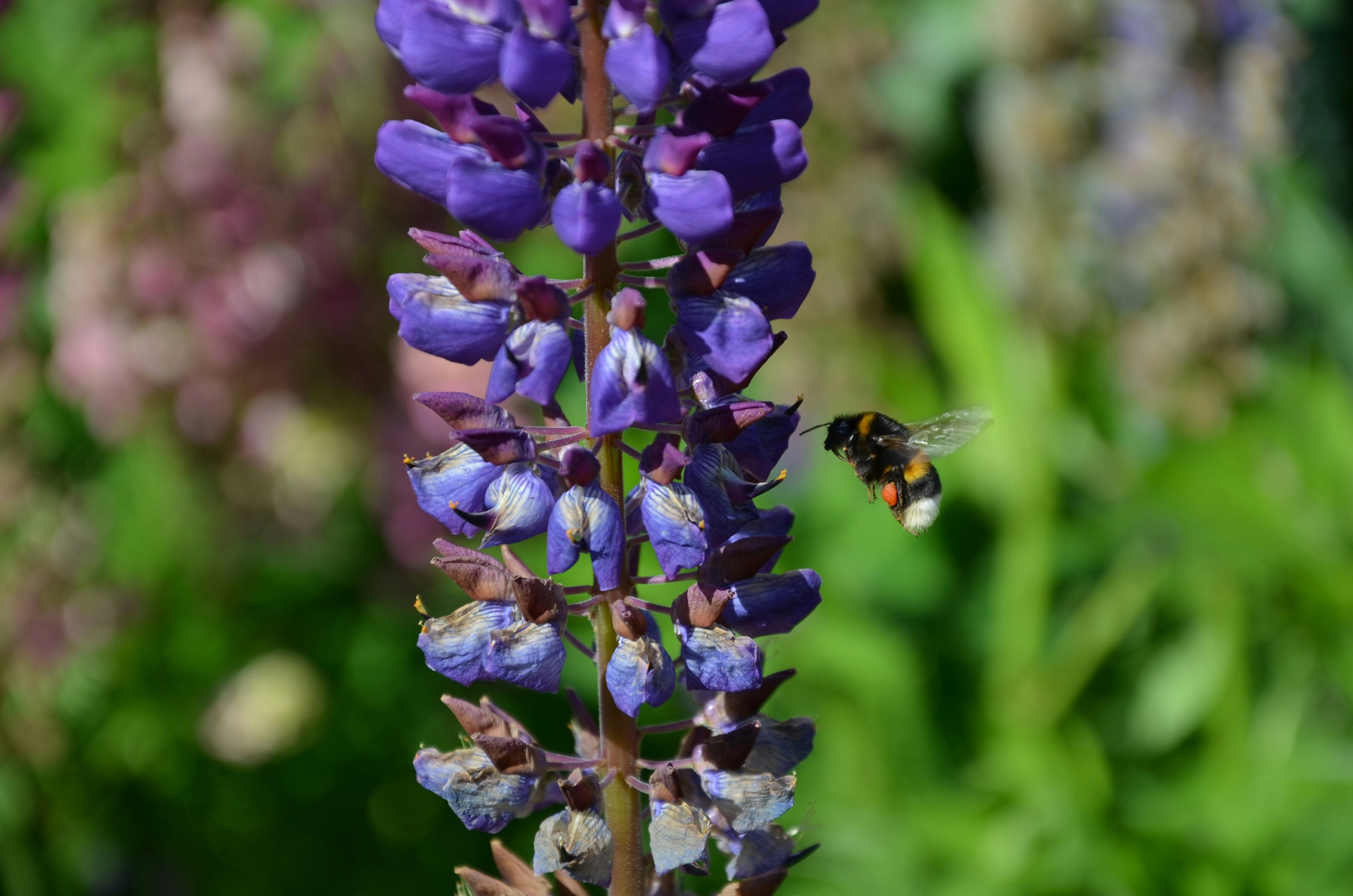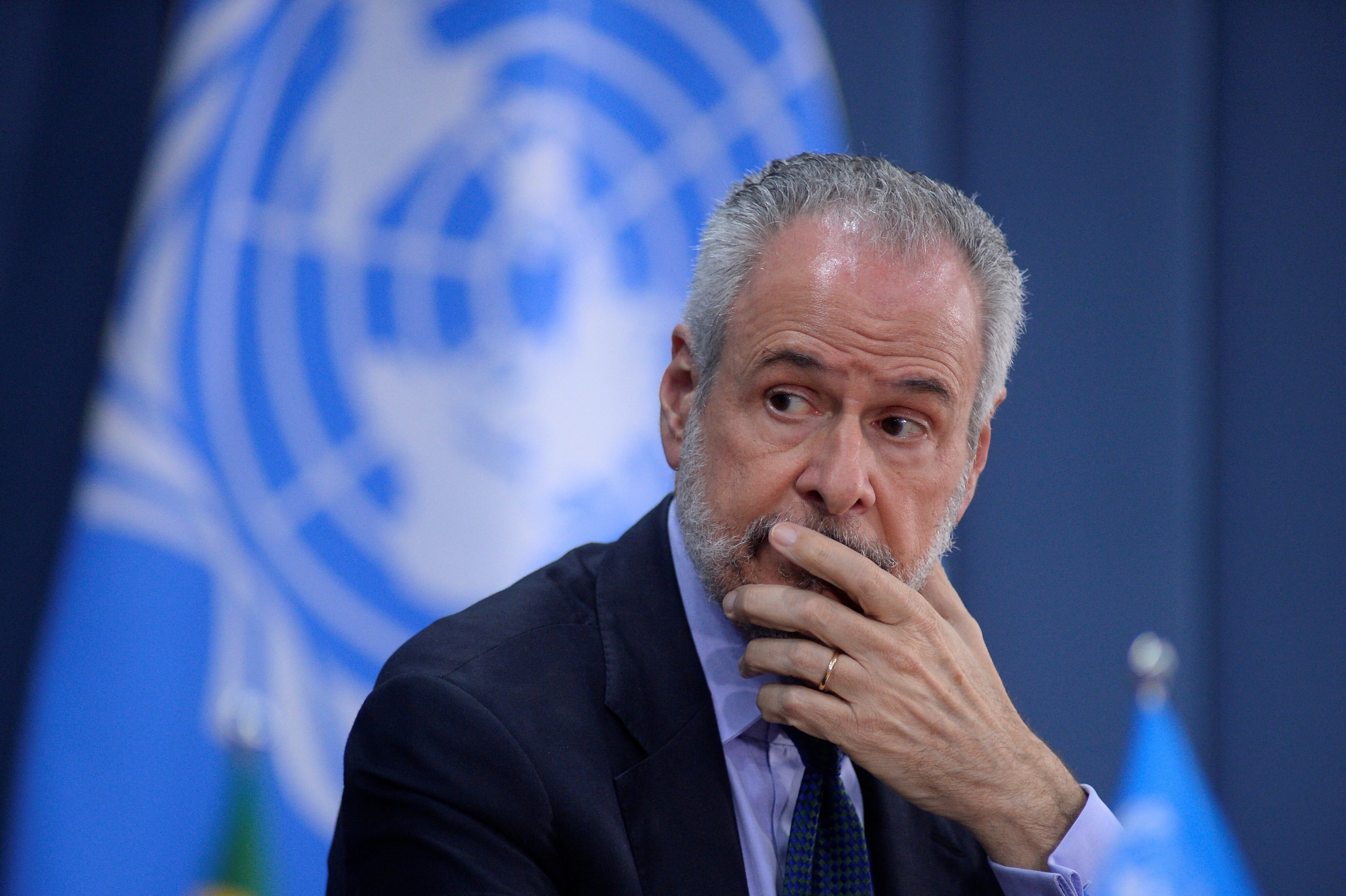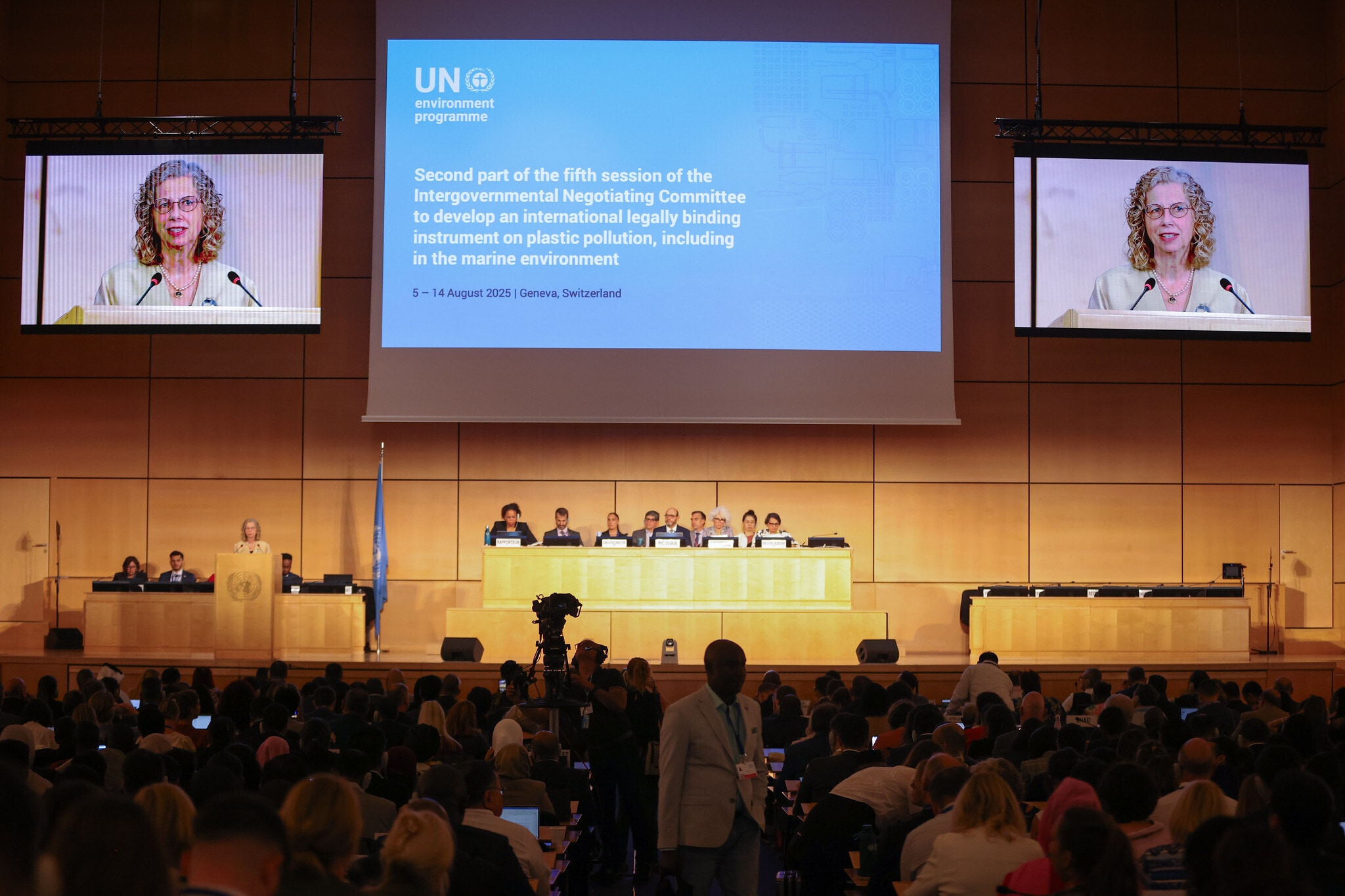Biodiversity risks to linger at least a half century after global temperature peaks, study says
Biodiversity damage from temperature rises could be irreversible in some areas.
Image: Unsplash/Boudewijn Huysmans
Stay up to date:
Future of the Environment
- Biodiversity risks are likely to persist for decades, even if global temperatures fall after peaking later this century, a new study finds.
- Species are already dying and changing their habitats, and the chances of reversing this damage are nonexistent or uncertain in a quarter of the areas covered by the study.
- Tropical regions face the biggest impact, with more than half of all species in the Amazon likely to encounter volatile climate conditions.
- The world must prioritize preventing a 2°C rise in temperature from pre-industrial levels, or at least limiting the size or duration of any increase, the study’s co-author says.
Even if global temperatures start to decrease, after peaking this century due to climate change, biodiversity risks are likely to persist for decades, a new study by London’s Global University (UCL) and University of Cape Town researchers finds. The potential impacts on biodiversity were modeled against pre-industrial levels if temperatures increased by more than 2°C (35.6°F), before beginning to fall again.
Climate change and all of its anthropomorphic influences are already facing a biodiversity crisis, with mass dieoffs — such as hundreds of migratory birds falling out of the sky in the Southwest in 2020. Altered reproductive events and species distributions are also among existing ill impacts.
In 2015, the Paris agreement was signed in an attempt to reduce global warming below 2°C. Since greenhouse gas emissions continue to increase, many scientific models now analyze decades-long overshoots of this limit. The effects of potential carbon dioxide removal technology were also factored into this model, targeting the offset of harmful temperature increases by 2100.
A return to pre-overshoot ‘normal’ is uncertain at best
Researchers studied more than 30,000 species in habitats globally and discovered that for a quarter of the areas examined, the chances of reversing the damage to pre-overshoot “normal” are either nonexistent or uncertain.
“We found that huge numbers of animal species will continue to endure unsafe conditions for decades after the global temperature peak,” said co-author Dr. Alex Pigot (UCL Centre for Biodiversity & Environment Research, UCL Biosciences). “Even if we collectively manage to reverse global warming before species are irreversibly lost from ecosystems, the ecological disruption caused by unsafe temperatures could well persist for an additional half century or more.”
Researchers also looked at the possibility of CO2 emissions continuing to grow until 2040, then dipping after 2070 due to carbon cut efforts and carbon dioxide removal technology deployment. That means for several decades during this century, global temperatures would breach 2°C but fall after 2100. Researchers analyzed how quickly a species in any given location may become exposed to harmful temperatures, how long that would persist, the numbers of species it would affect and whether or not any return to “normal” were possible.
What’s the World Economic Forum doing about climate change?
Most species in tropical regions threatened with volatile biodiversity conditions
For most locations, dangerous temperature exposure will occur suddenly as species are pushed outside their thermal niche limits. Researchers also found that any return to comfortable thermal niches for these species would be gradual, lagging drastically behind global temperature decrease — due to volatile climatic conditions and impacts on ecosystems. The overshoot for biodiversity risks was determined to range from 100 to 130 years, twice longer than the actual temperature overshoot.
Regions facing the most impact include tropical locations for more than 90% of species in the Central Indian Ocean, the Indo-Pacific, Northern Australia and Northern Sub-Saharan Africa, all pushed beyond their thermal niches. In the Amazon, the team found more than half of all species will be exposed to volatile climate conditions. For almost 19% of all locations examined, including the Amazon, uncertainty surrounds the potential of returning to pre-overshoot levels; while 8% of regions may never return to those levels. The globe may likely face irreversible species extinction and ecosystem transformations.
Avoiding temperature offshoot takes priority
“Our findings are stark,” said co-author Christopher Trisos (African Climate and Development Initiative, University of Cape Town). “They should act as a wake-up call that delaying emissions cuts will mean a temperature overshoot that comes at an astronomical cost to nature and humans that unproven negative emission technologies cannot simply reverse.”
Carbon dioxide removal technologies and nature-based solutions, such as afforestation, are also associated with potential negative impacts, shared lead co-author Dr. Joanne Bentley (African Climate and Development Initiative, University of Cape Town). Dr. Bentley warned that if the 2°C global warming target is overshot, the loss of biodiversity could compromise the ecosystem services humanity relies on for its livelihood. She advised that avoiding temperature overshoot should be the top priority, then limiting the magnitude and duration of any overshoot.
The research was funded by a collaboration between the African Academy of Sciences and the Royal Society. The paper was published in the Philosophical Transactions of the Royal Society B: Biological Sciences.
Accept our marketing cookies to access this content.
These cookies are currently disabled in your browser.
Don't miss any update on this topic
Create a free account and access your personalized content collection with our latest publications and analyses.
License and Republishing
World Economic Forum articles may be republished in accordance with the Creative Commons Attribution-NonCommercial-NoDerivatives 4.0 International Public License, and in accordance with our Terms of Use.
The views expressed in this article are those of the author alone and not the World Economic Forum.
Related topics:
Forum Stories newsletter
Bringing you weekly curated insights and analysis on the global issues that matter.
More on Nature and BiodiversitySee all
Anurit Kanti
September 1, 2025
Matilda Gennvi and Dan Andersson
September 1, 2025
David Elliott
August 27, 2025
Tom Crowfoot
August 20, 2025




